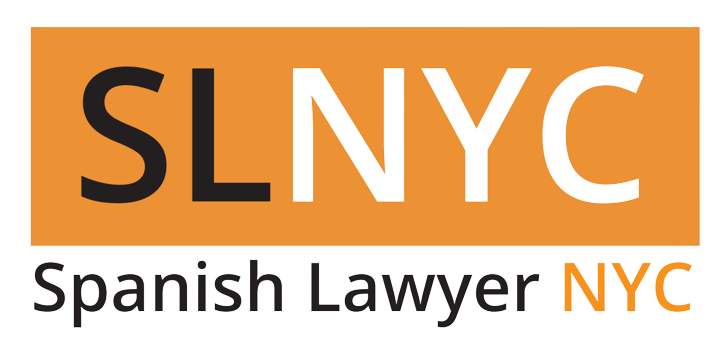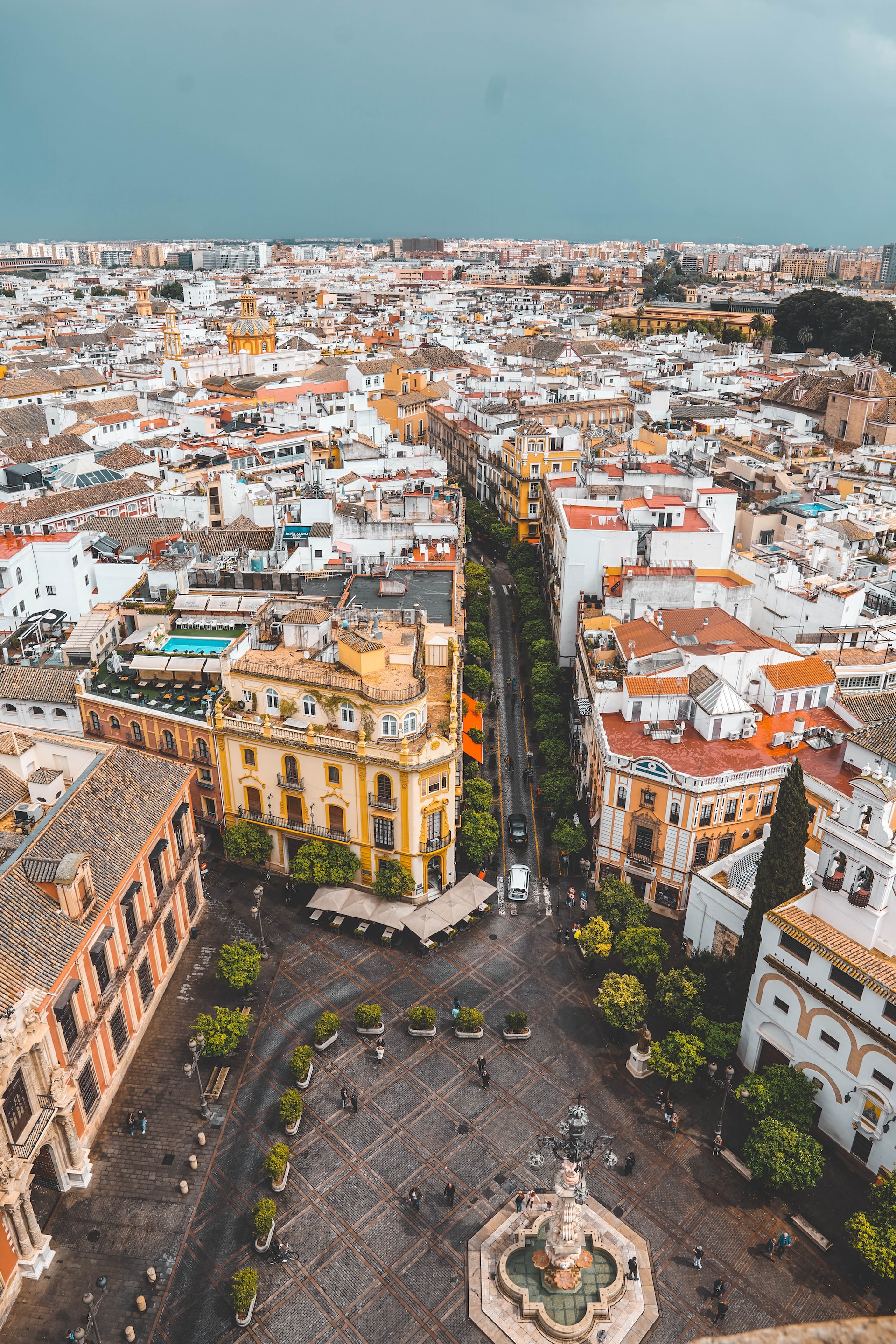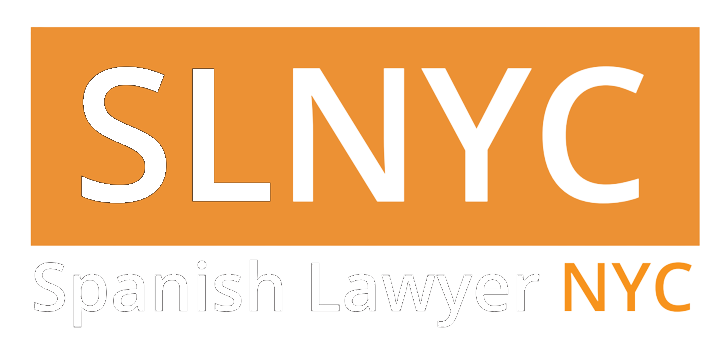While in the USA, in most of the occasions the process known as Probate is avoided through the use of the so-called “Will Substitutes” (trust, insurance policies, TOD accounts, etc.), in the Spanish system is required – in almost all the occasions – to have the authorization of a Spanish Notary who will validate the legality of the succession rights according to the Spanish Law. Additionally, this control will be endorsed by a Commercial or Land registrar when the assets to be acquired are shares or real estate.
The necessity to obtain the authorization of a Spanish Notary to receive the assets located in Spain will require to have adequate documentation to prove the succession rights under Spanish Law. And this is where the problems begin given the enormous differences between the U.S and Spanish successions rules.
In the first place, if the Estate is not subject to the Spanish succession rules, and there is no Spanish will to regulate the destination of the assets located in Spain, we will find ourselves with the need to have an U.S succession title that is adequate in view of the Spanish Law. In these cases it will be truly important to know whether there is a foreign will or the succession is intestate; if the will has passed through the Probate; if a copy of the will has been deposited in the courts; or if additional figures as Trust have been used.
On the other hand, in a great number of occasions additional documentation will have to be produced to adapt the U.S rules to the Spanish Law. Here the relationship between advisors of both countries, as well as the previous conversations with the Spanish Notary who will intervene in the inheritance, will be of special relevance.
Additionally the residence abroad of the intervening people will require an effort in time and money to go to the Spanish Notary, or the need for them to grant the corresponding Power Of Attorney (POA) with sufficient faculties of representation.
Finally all documentation issued by foreign authorities and the drafting in a language other than Spanish will require the obligation to obtain the Apostille of The Hague -to recognize the foreign authority- and the corresponding translation of the document.
Regarding taxes involved in the Estate, there are recent Spanish court rulings that have allowed non-resident heirs to benefit from the same tax allowances that apply to resident heirs. The taxation of non-resident heirs will depend on where the residence of the deceased is located, and if the deceased is not a tax resident in Spain, the applicable regulations will be those approved by the region where the highest value of the assets of the Estate is located. That is why a previous Estate tax planning, when possible, is more than justified in order to try to attract the Estate to more efficient tax legislations.
Regarding the assessment of the assets to be declared in the Spanish Estate Tax it will depend on the applicable regional legislation, the relationship with the deceased, and the final destination to be given to the acquired assets.
Spanish Lawyer NYC can assist you with your Estates in Spain. Contact us through our website or by email at fgs@SpanishLawyerNYC.com





